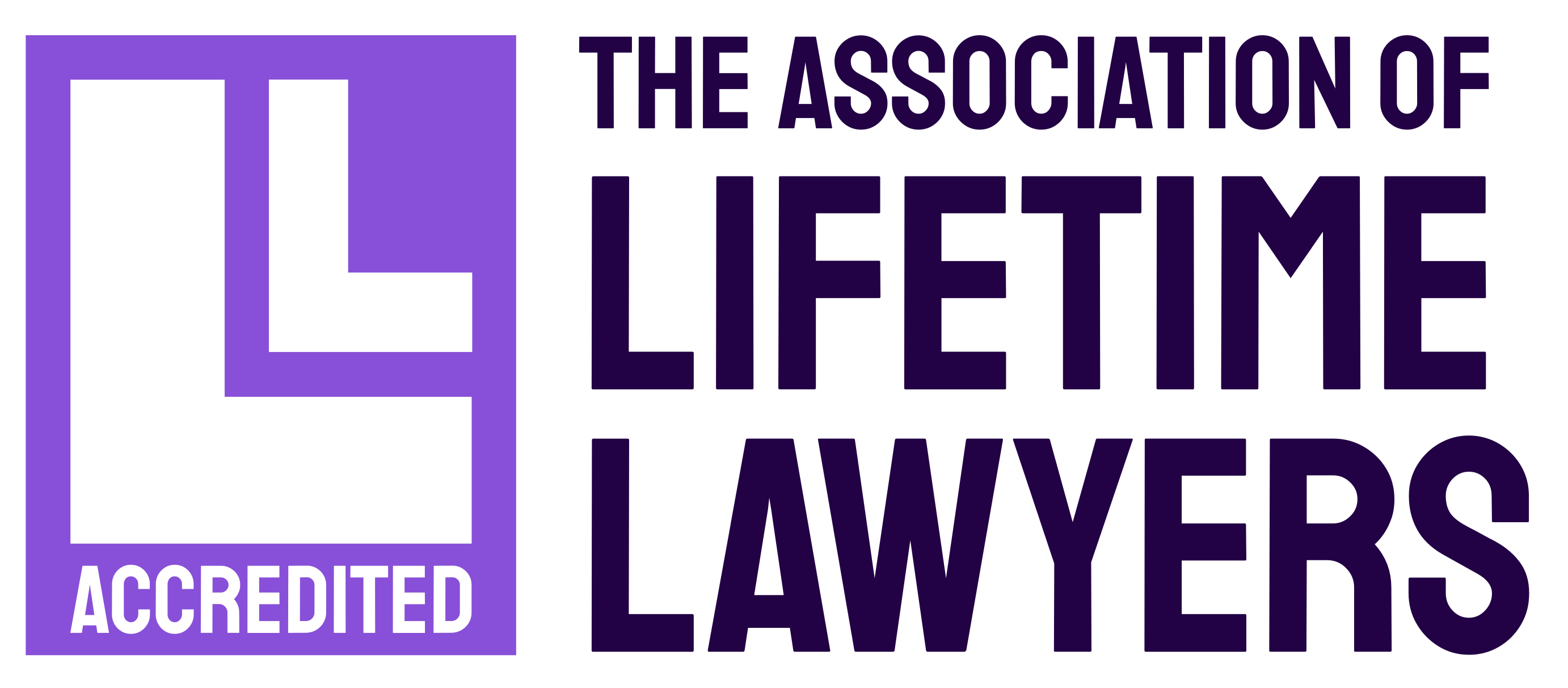News & insights
Charging system reforms for adult social care in England
1st December 2021

Private Client Solicitor Daniel Williams (TEP) sets out what the government's reforms to the charging system mean for people needing care in England.
Unlike the NHS, social care is not a free, universal service; local authorities have always been able to charge for services. This means that service users are sometimes exposed to potentially high and unpredictable care costs and may face the prospect of losing much of their income and assets.
In an attempt to address this issue, the government announced in September 2021 charging system reforms for adult social care in England. On 22nd November 2021, The Commons endorsed theses plans, which includes a new £86,000 cap on lifetime limit of care costs.
What are the main changes?
There will be a cap of £86,000 on the amount anyone in England will need to spend on their personal care over their lifetime from October 2023. Costs accrued before October 2023 will not count towards the cap.
The upper capital limit, which is the threshold amount of capital assets above which people lose all financial support from their local authority, will rise from £23,250 to £100,000.
The lower capital limit, which is the threshold below which people will not have to pay anything for their care from their assets, will increase to £20,000 from £14,250.
A tariff income (£1 per week for every £250) continues to be applied to those with assets between the lower and upper capital limits.
In an attempt to reduce the complexity of the process, the government propose to amend the Care Act 2014 to change the way that people within the means test progress towards the cap. Only the amount that the individual contributes towards these costs will count towards the cap on care costs, and people will not reach the cap at an artificially faster rate than what they contribute. Everyone will have a care account that will be maintained by the local authority and will keep track of their progress towards the cap.
The Government also intends to change the regulations to enable everyone receiving local authority financial support to fund ‘top-ups’ for their own care. Those receiving care themselves, or a third party such as a relative, may choose to make additional payments for a preferred choice of accommodation or care arrangement, for example, to secure a premium room or furnishings. These top-up payments, on top of the cost specified in someone’s personal budget or independent personal budget, will not count towards the cap and will still be payable by the person once the cap has been reached.
To view the full policy paper, ‘Adult social care charging reform: further details’ visit: https://www.gov.uk/government/publications/build-back-better-our-plan-for-health-and-social-care/adult-social-care-charging-reform-further-details.
What will and will not count towards the cap?
The costs that will count towards the cap are the costs of meeting the person’s eligible needs as specified by the local authority in the personal budget or independent personal budget.
The government has confirmed that the cap will not cover the daily living costs for people in care homes, which will be set in regulations at £200 per week. It has also confirmed that ‘top up payments will not count towards this.
How do reforms to the charging system impact local authorities?
The reforms to the charging system will have considerable resource implications for the public sector. It is likely that many more people will be coming into contact with their local authority as they will now qualify for help as a result of the extension to means-tested support.
The government has also confirmed that it will ensure that self-funders are able to ask their local authority to arrange their care for them. Currently, section 18(3) of the Care Act 2014 only requires local authorities to respond to such a request if the person does not need care home accommodation. This change could have a significant impact on care providers, many of whom charge self-funders at higher rates to subsidise state-funded residents.
How will the capped costs system be funded?
The government has said it will make available an additional £12bn per year for health and social care on average over the next three years. This will be funded by a new, UK-wide 1.25% health and social care levy, ringfenced for health and social care. This will be based on national insurance contributions and will also apply to individuals working above state pension age. The levy is due to be introduced from April 2022. The government will also increase dividend tax rates by 1.25 percentage points.
Will the planned reforms to the charging system definitely go ahead?
On Monday 22nd November, MPs backed an amendment to the Health and Care Bill required to implement the government’s proposed cap. The bill will now head to the House of Lords, where peers are widely expected to push for changes to the government’s blueprint for how the cap will work. Regulations and final guidance will be published in early 2022.
If you would like to discuss how the changes could affect your future plans, contact our Private Client team to arrange an appointment.

Daniel Williams (TEP)




